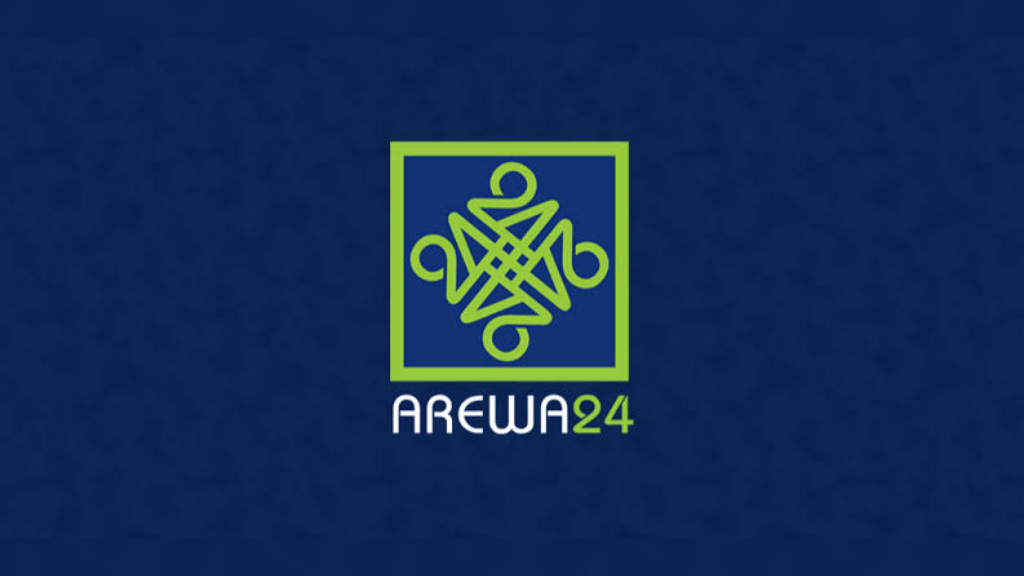As the world marks International Hausa Day, it’s essential to highlight the remarkable achievements of Arewa24, the largest Hausa-language satellite TV station, which now reaches over 45 million viewers worldwide.
International Hausa Day, or Ranar Hausa Ta Duniya, was initiated in 2015 by BBC Hausa staff member Abdulbaki Aliyu Jari and his social media peers. The day was created as a platform for Hausa speakers to unite and discuss the advancements and challenges faced by the language in the 21st century.
Since its founding, Arewa24 has become a cornerstone of cultural preservation, promoting the Hausa language and enhancing the lives of its viewers through a diverse array of programming.
Celestine Umeibe, Deputy CEO and Chief Commercial Officer of Network AREWA24 Limited, praised the station’s dedication to broadcasting high-quality content that reflects the values, traditions, and experiences of the Hausa-speaking community across the globe.
“Arewa24 stands out for its commitment to delivering programs in the Hausa language that not only entertain but also educate, covering a wide range of topics, from tradition to globalization,” Umeibe said. “With popular shows like Mata A Yau, Gari Ya Waye, Zamantakewa, and Jan Z, the station engages its audience while addressing important social issues.”
Umeibe further highlighted that dramas, TV series, and films like Dadin Kowa and Kwana Chasa’in tackle key topics such as health, education, and social justice, all while showcasing the rich cultural heritage of the Hausa people.
“Arewa24 doesn’t just broadcast; it embodies the vibrant cultural activities and thriving businesses within the Hausa community, solidifying its role as a cultural ambassador on the global stage,” he added.
In a world where languages and cultures are increasingly at risk, Arewa24 has taken a bold step to ensure that the Hausa language remains vibrant and relevant.
“As we celebrate International Hausa Day, I personally commend Arewa24 for its steadfast commitment to promoting the Hausa language, culture, and contemporary issues,” Umeibe concluded.
